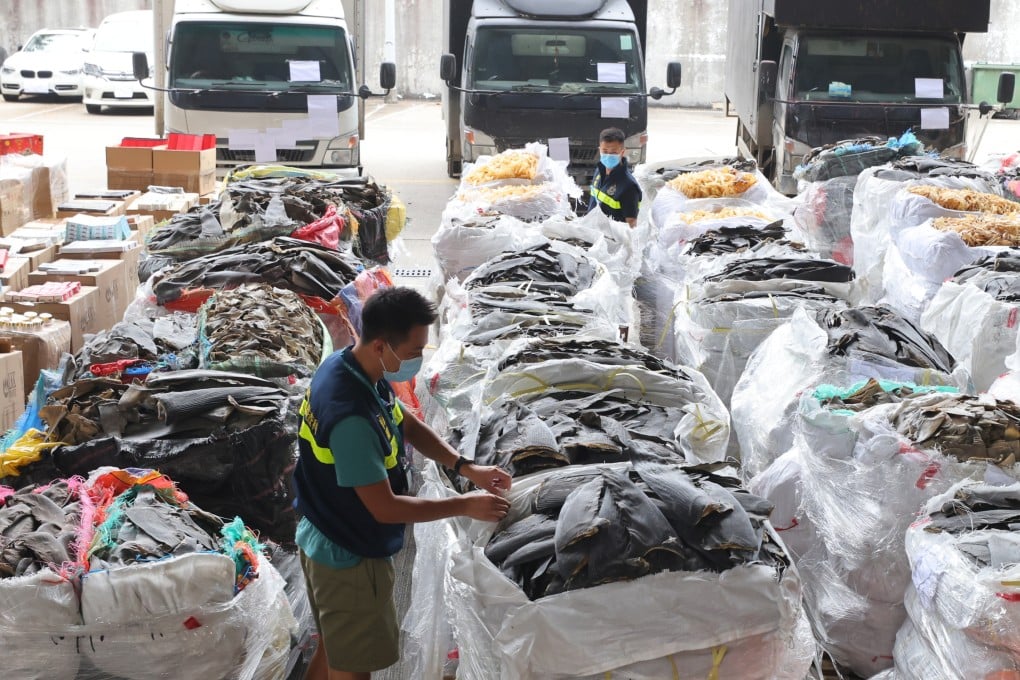Opinion | How Hong Kong can spark a wave of recoveries in shark populations
- Demand for shark fin in Hong Kong and other key markets is driving overfishing and pushing many species to the brink of extinction
- An initiative conceived and developed in the city aims to recover populations of at least eight threatened species, but requires widespread support

This fishery peaked in the late 1960s with around 2,400 tonnes of sharks caught annually. It had largely collapsed by the 1980s, likely because of too many fishing vessels and no catch limits, exacerbated by slow reproductive rates of many shark species. Catches by indiscriminate fishing gear such as bottom trawls and gill nets continued, and by the early 2000s shark catches had declined to negligible amounts.
Hong Kong’s story is an early example of overfishing causing local shark and ray extinctions, a pattern that has repeated itself many times around the world. However, the linkage between Hong Kong and the current global shark and ray crisis does not stop there.
Demand for shark fin in Hong Kong and other key markets drives the overfishing of these animals around the world, leading to local extinctions in many countries. We are now on the cusp of a wave of global extinctions.
Today, 37.5 per cent of the more than 1,200 shark and ray species are threatened with extinction, including more than 200 endangered and critically endangered species. Some of the latter have not been seen for decades and might already be extinct.
